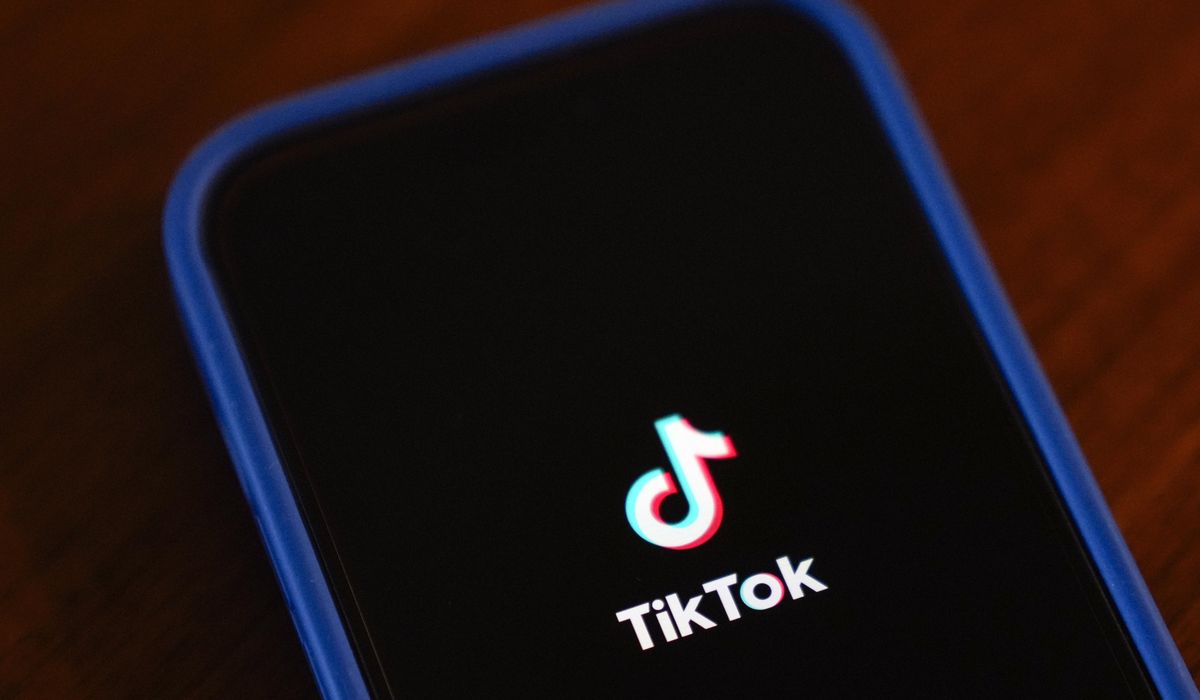


It’s been nearly a month since President Trump announced he had buyers for the social media app TikTok, and since then, radio silence.
The last time Mr. Trump mentioned TikTok was earlier this month, when he told reporters aboard Air Force One that the U.S. “pretty much has a deal” that would be discussed next week. The White House has since been mum.
Last month, the president granted a 90-day extension to the Chinese-owned app, giving the company ByteDance until mid-September to find an American buyer or face a ban in America.
He hinted in an interview with Fox News’ Maria Bartiromo at a wealthy group of buyers, but no one has taken credit. He also said he thinks the app’s sale will need approval from China.
June’s extension was the third for the sale of the short-video app signed during his second administration. It stops TikTok from going dark in the U.S. for not having an American owner after President Joe Biden last year signed a law that mandated the app be sold.
The argument for the ban was that America’s national security was at risk due to the app’s Chinese owners and the collection of data from U.S. users. The Supreme Court upheld the law.
Mr. Trump used to be all in for a ban in the name of national security, but flipped the script after young people — the greatest population on the app — voted for him in the November election.
According to a Pew Research survey from December, a third of U.S. adults use TikTok, including 59% of those under 30.
William Akoto, professor of Foreign Policy and Global Security at American University, said the only thing that has changed about the app since the Biden administration’s ban is Mr. Trump’s realization that TikTok was useful to him.
“Some people earn their entire livelihoods on this app, and so I think it’s just sort of a calculation that the Trump administration has made that it is much more popular to keep the app rather than try to ban it,” Mr. Akoto said.
A study put out by Oxford Economics and TikTok in March 2024 found that more than 7 million businesses are on the app among its 170 million active users in the U.S. The use of TikTok for businesses supported a contribution of over $24 billion to the U.S. gross domestic product in 2023, the report found.
Before the ban could take effect, Mr. Trump extended the deadline on his first day in office last January, then again in April for 75 days.
“As he has said many times, President Trump does not want TikTok to go dark,” White House press secretary Karoline Leavitt said in a statement after the third extension. “This extension will last 90 days, which the Administration will spend working to ensure this deal is closed so that the American people can continue to use TikTok with the assurance that their data is safe and secure.”
TikTok celebrated the extension in a statement: “We are grateful for President Trump’s leadership and support in ensuring that TikTok continues to be available for more than 170 million American users and 7.5 million U.S. businesses that rely on the platform.”
These continuous extensions leave the sale of TikTok and America’s national security in limbo.
Mr. Akoto argued that even a sale of TikTok to an American company doesn’t solve the fundamental issue of national security being at risk. The sale would make sure the Chinese government doesn’t get American data from the app, but other avenues exist to get it, like purchasing it from different firms.
“A sale is not really going to do much to improve national security in any real sense,” he said, adding that the best avenue to solve the problem is increased scrutiny over the kind of data that apps can collect from users.
One way to go about it is to examine what data apps need from their users to function and set guidelines for what they can collect and how they can use it.
“There needs to be very strict regulations about how that data is stored, who has access to that data, where that data is stored, and under what conditions that data can be released to a third party,” he said.
Mr. Akoto said it’s hard to get these regulations in place because social media companies lobby lawmakers to make sure they’re not passed.
“So again, we are back in this scenario where they have a lot of data on us, there’s no real clarity on how the data is stored or who has access to it, and we end up in this situation where we can then cite that as a national security issue.”
• Mallory Wilson can be reached at mwilson@washingtontimes.com.
